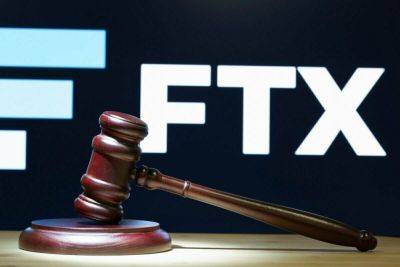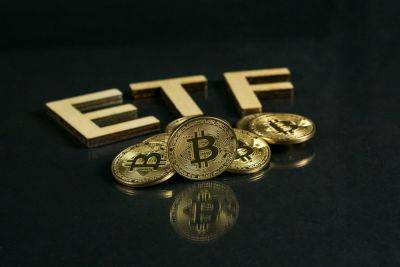Social capital: A revolution in measuring community power on social media
As social media platforms continue to dominate people’s daily lives, the power of influencers and their ability to sway public opinion has become a highly valuable asset. But how does one accurately measure this power? Is it based solely on the number of followers or likes an influencer has? In this article, we'll explore the limitations of evaluating community power based on followers and engagements alone and examine an alternative metric called Social Capital.
For years, marketers have relied on metrics like followers, likes, and comments to gauge the impact of an influencer's content. However, these metrics only tell part of the story. A large number of followers doesn't necessarily equate to a highly engaged or influential audience, and high levels of engagement can often be artificially inflated through paid promotions or fake followers.
The current trend in social media is a shift towards communities, which is being led by platforms like Discord. As the industry continues to mature, it's becoming increasingly clear that the quality of the audience is more important than quantity. Facebook is also recognizing this trend and pushing for the use of groups instead of pages, as groups can foster more intimate and engaged communities.
Unlike Twitter and Facebook, which rely on a broad open follower model, Discord allows influencers to create their own communities of highly engaged followers who share common interests and are more likely to be interested in the influencer's content. This creates a sense of exclusivity and intimacy that can encourage followers to actively participate in conversations and engage with the influencer's content.
Source: Unsplash
Discord provides influencers with more control and ownership over
Read more on cointelegraph.com




















